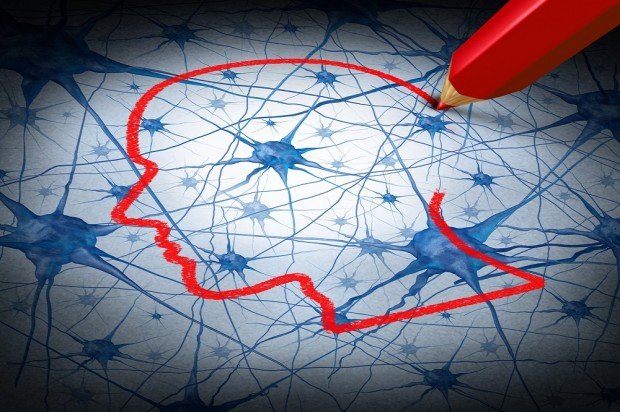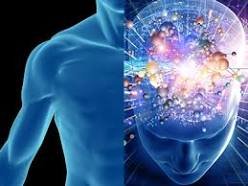#Psychophysiology #sport #relation of body and mind
 Psychophysiology is the branch of physiology that is concerned with the relationship between mental (psyche) and physical (physiological) processes; it is the scientific study of the interaction between mind and body.
Psychophysiology is the branch of physiology that is concerned with the relationship between mental (psyche) and physical (physiological) processes; it is the scientific study of the interaction between mind and body.
Functional Magnetic Resonance Imaging
The brain requires a supply of oxygenated blood in order to support neuronal activation. In areas of the brain where activation has occurred, blood flow is increased to compensate for the consumption of oxygen and other vital nutrients. The increased blood flow results in a higher concentration of oxygenated hemoglobin (the protein that transports oxygen) in the specific areas of activation relative to less active areas. Functional magnetic resonance imaging (fMRI) is able to detect the different magnetic properties of oxygenated and deoxygenated hemoglobin in blood, and this blood-oxygen-level-dependent (BOLD) response is used to infer neural activation, which is interpreted as indicative of cognitive activity.
Magnetic Resonance Imaging
psychophysiology-sports-psychologyBy utilizing finely tuned magnetic pulses that disrupt the orientation of atoms in the brain, magnetic resonance imaging (MRI) is used to assess cerebral structure. MRI is capable of making multiple assessments of the brain at varying depths and in different directional planes (sagittal, coronal, transverse). This makes it possible to assess the cerebral volume of specific areas of the brain. Exercise psychologists have used MRI to assess changes in cerebral volume in relation to physical activity (PA) in clinical (e.g., Alzheimer’s disease) and nonclinical populations.

Hi! I am a robot. I just upvoted you! I found similar content that readers might be interested in:
https://psychology.iresearchnet.com/sports-psychology/psychophysiology/
I appreciate